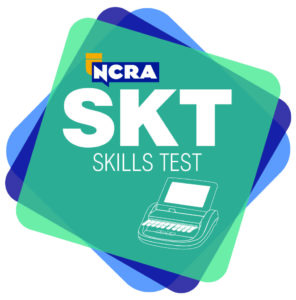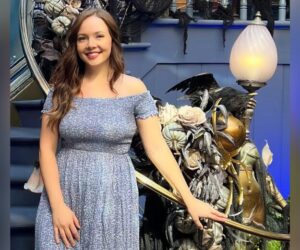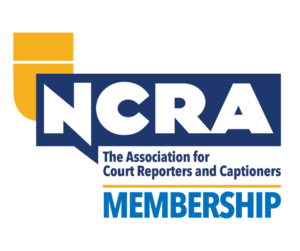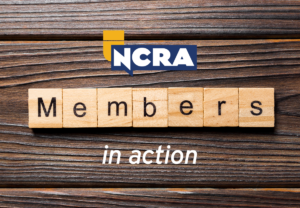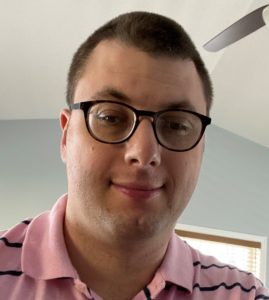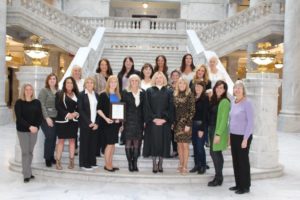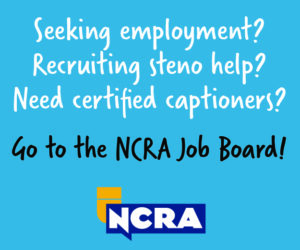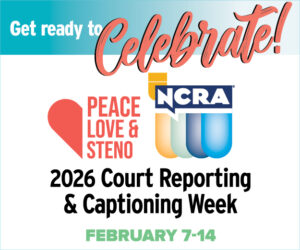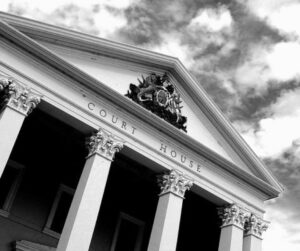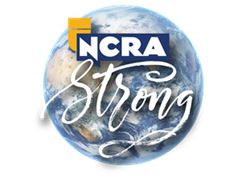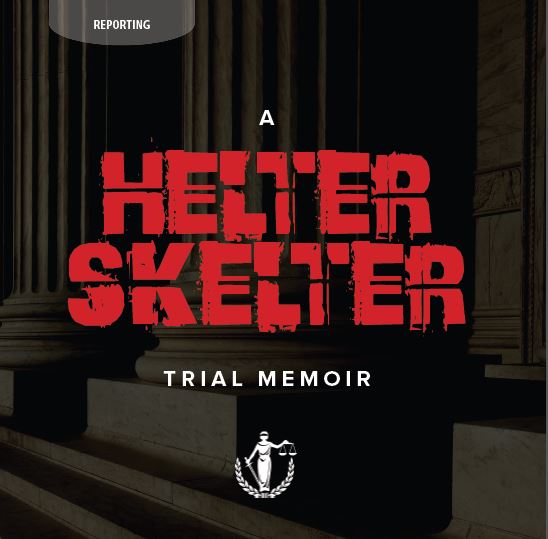
By Early Langley
Nov. 19, 2017, marked the death of one of the most vile cult leaders and murderers in California history: Charles Manson. Much has been written about him, his loyal worshippers, the murders, and the trial. One of those books was Helter Skelter by Vincent Bugliosi, the chief prosecutor, and writer Curt Gentry.
By the time I became a court reporting student, the evil of Charles Manson had become legend. Chapter after chapter of Helter Skelter flew by, dictated at high speeds. My teacher was right: Better to hear the worst of the worst now. Any reaction to testimony that inflames the mind might influence a jury.
Perhaps that is why, again as a student, I was able to sit quietly and listen, without emotion, to the gut-wrenching and brutal testimony of the four defendant “Zebra murders” that terrorized San Francisco in the 1970s. Police named the case “Zebra” after the special police radio band they assigned for the investigation. Years later, I met the dispatcher who sent out that radio call and named it “Zebra.” She is now a San Francisco Superior Court Clerk. She described how terrifying it was to walk to work. She once alarmed fellow coworkers by thumbing a ride at night. The car was filled with plainclothes officers in an unmarked car. She knew that, but her coworkers didn’t. In total, 16 people had been murdered, although some authorities thought the defendants might have killed as many as 73 people or more.
The trial started on March 3, 1975, and lasted close to a year-and-a-half, the longest criminal trial in California history at that time. I was only there towards the end. One juror conceived and delivered during the trial. After 18 hours of jury deliberation, based on testimony filling 8,000 pages of transcripts and of 108 witnesses, all four defendants were convicted of first-degree murder and conspiracy to commit first-degree murder. They were sentenced to life imprisonment, and all convictions were affirmed on appeal. Judge Joseph Karesh, who presided over the trial, was an exceedingly patient jurist. In spite of the heinous crimes and the helter-skelter nature of the trial, not one defendant was placed in shackles. There were no glass bulletproof barriers and no metal detectors. Clinton W. White, the defense attorney who led the team, was elevated to the California Court of Appeal.
Robert L. Dondero, then deputy district attorney, was also elevated to the California Court of Appeal. Tensions mounted during that trial, as they do in all trials. One defense attorney got palsy from the stress. Joe Ament was both my teacher and the official court reporter for the entire trial. His relief court reporter came close to a nervous breakdown at the end. Both retired soon afterwards.
I guess it wasn’t enough of a deterrent to keep me away from reporting trials, though I haven’t done a criminal trial since I was an official many years ago. My trials are civil now. I hear stories of great love and great despair, deep pain and deep gratitude.
I have a front row seat to courtroom drama. Good trial lawyers have a sixth sense of anticipating the next move. Their eyes circulate the landscape: the judge, the jury, the witness, the audience, and the staff — including you!
The tension for me is just as nerve-racking. Everyone’s looking at my iPads. Everyone’s getting the rough pretty close to immediately after the day ends, the final in the evening, and sometimes late into the evening. Here’s my list of to-do items: indexes, exhibits, witnesses’ testimony, and even sometimes keeping track of time.
Now I have students come in and sit. There’s nothing like the real thing. They marvel at it all. Through my UC Berkeley Alumni Externship Program, I even take college students to court. They go behind the scenes and meet the judge. We discuss the importance of law, public policy, and a court reporter’s record.
I love it when court reporting students can sit in for as long as possible. It teaches them endurance and speed, procedure and decorum, and the anatomy of a trial. If I were to pin down one of the most important assets to have, it’s speed. Trials move fast and furious. Once the judge announces the jury’s deliberation date, it’s a race to the finish line. Rates of speed get high and sustained.
Trials have a helter-skelter nature of their own. And you just gotta love it. Yes, it can be exhausting. Yes, you need to anticipate the unexpected and have backup plans. Yes, you need to do your homework on the technological terms that you’ll hear. Yes, you need to get your realtime and all of your files running. Once that’s set up, you can manage any helter-skelter moment!
Early Langley, RMR, B.A., is a Phi Beta Kappa graduate of the University of California at Berkeley. She is a member of the NCRA Education Content Committee. She is past president of the California Court Reporters Association and a senior staff reporter with Aiken Welch Court Reporters.
